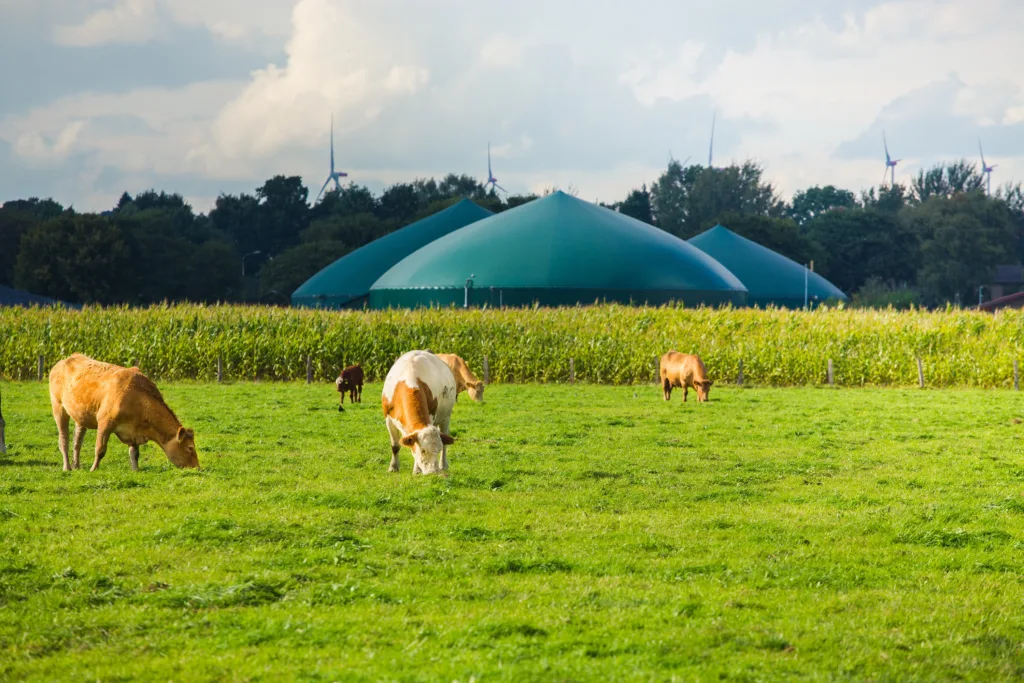Cepsa has partnered with Kira Ventures to establish as many as 15 biomethane plants in Spain within the next decade. By 2030, Cepsa aims to handle 4 TWh of biomethane annually to decarbonize its industrial operations, replacing natural gas consumption with biomethane in its energy facilities and chemical plants. This transition will also serve as a supplementary resource for producing green hydrogen and promoting sustainable mobility while generating employment.
This shift from fossil fuels to renewable biomethane is expected to lead to the recycling of 10 million tons of waste each year, supporting the circular economy, and preventing the emission of 728,000 tons of CO2 yearly – equivalent to planting 8.7 million trees. Biomethane is a sustainable energy source capable of reducing CO2 emissions by up to 100% and can be readily integrated into existing industrial and transport systems without requiring significant modifications.
Furthermore, the establishment of biomethane plants will contribute to economic growth in rural and depopulated regions of Spain, particularly within the agriculture and livestock sectors.
As part of its commitment to this endeavour, Cepsa has joined forces with Kira Ventures, a renowned Spanish company in renewable energy asset development and management, to kickstart up to 15 biomethane plants in Spain during this decade. Their initial focus is on the development of the first five plants, located in Castilla-La Mancha and Castilla y León, expected to become operational between 2025 and 2026.
These facilities will use agricultural and livestock waste from their respective regions, including materials like manure and slurry while relying on renewable electricity and self-generated biogas heat to ensure sustainability.
This initiative is an integral part of Cepsa’s “Positive Motion” strategy for 2030, which emphasizes the decarbonization of its own operations and those of its customers, primarily through the production of green molecules, including biofuels and green hydrogen. The company has set an ambitious target to reduce its CO2 emissions by 55% by 2030 (Scope 1 and 2) compared to 2019 and aims to achieve carbon neutrality by 2050, with biomethane playing a vital role in its industrial processes. In addition, the carbon intensity of its sold energy will decrease by 15 to 20% by 2030.
Biomethane closely resembles natural gas but offers the significant advantage of enabling up to 100% reduction in CO2 emissions. This similarity allows for easy storage or direct injection into existing gas transmission networks, eliminating the need for new infrastructure. Beyond industrial use as a natural gas substitute, this renewable gas can be utilized for green hydrogen production and sustainable mobility.
Derived from biogas through a natural anaerobic digestion process of organic waste, biomethane, a second-generation biofuel, is generated following a purification process known as upgrading.
Biomethane plants are a sustainable solution for waste treatment, simultaneously creating renewable energy and valuable by-products such as compost or eco-friendly fertilizers for local agriculture. They also drive sustainable economic development in rural and depopulated areas of Spain, bolstering key sectors such as agriculture and livestock.
The production of renewable gases aligns with the REPowerEU initiative, which aims to reduce fossil fuel dependence and CO2 emissions, while contributing to various Sustainable Development Goals of the 2030 Agenda, including SDG 7 (Affordable and Clean Energy), SDG 8 (Decent Work and Economic Growth), SDG 12 (Responsible Consumption and Production), and SDG 13 (Climate Action).
